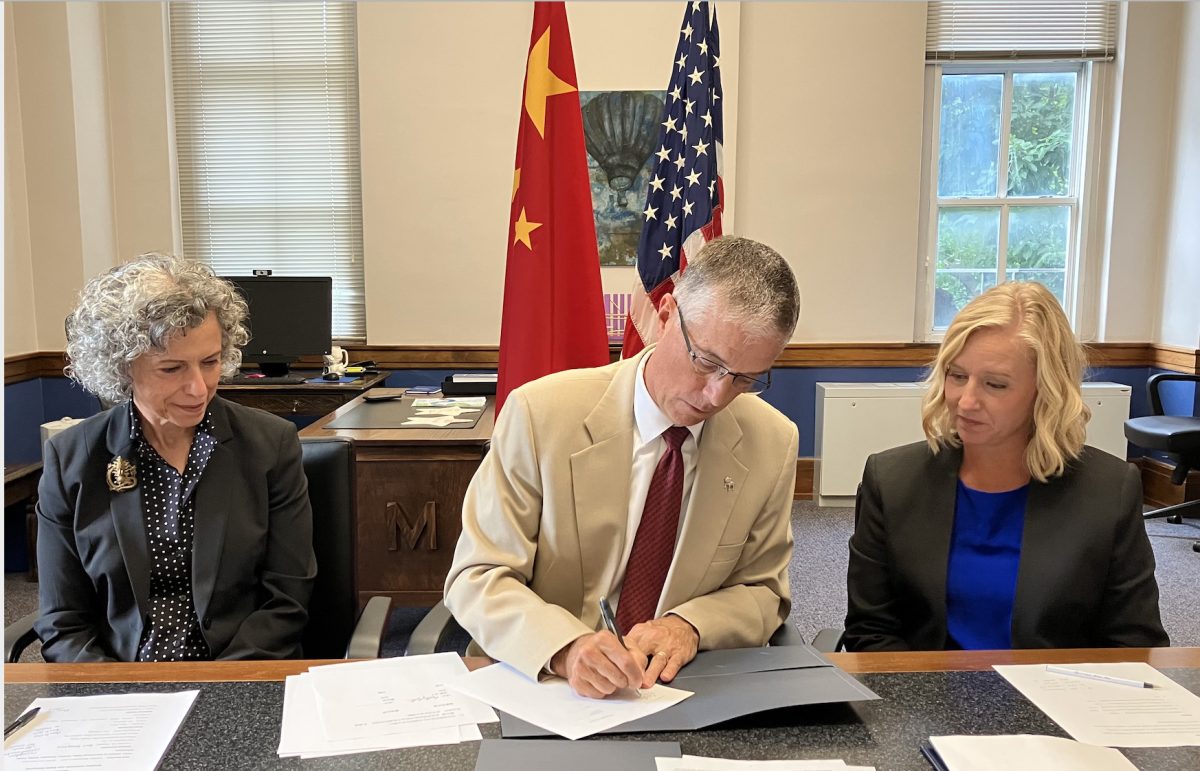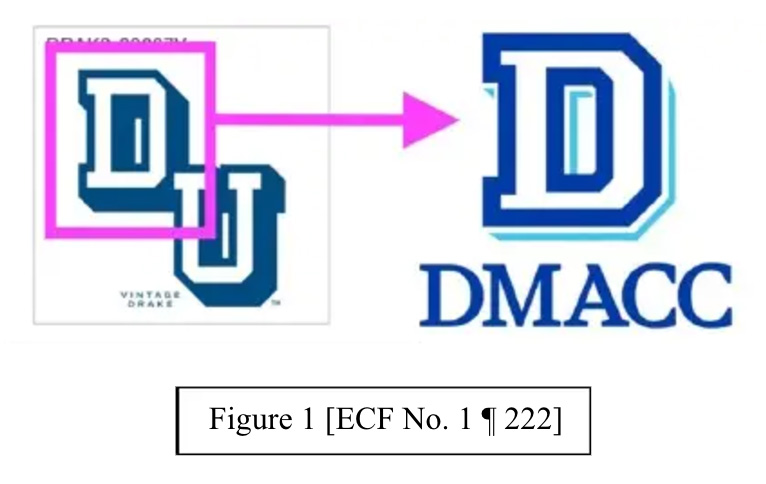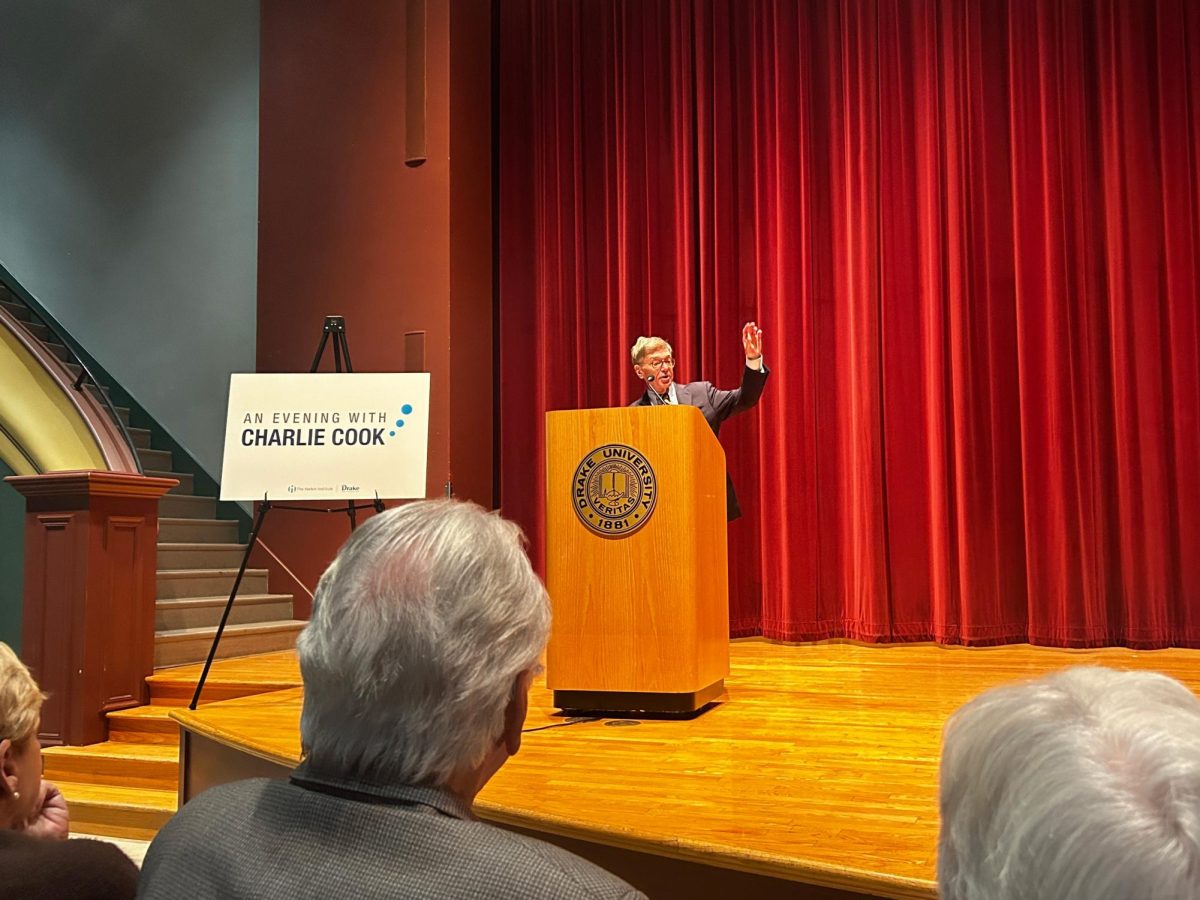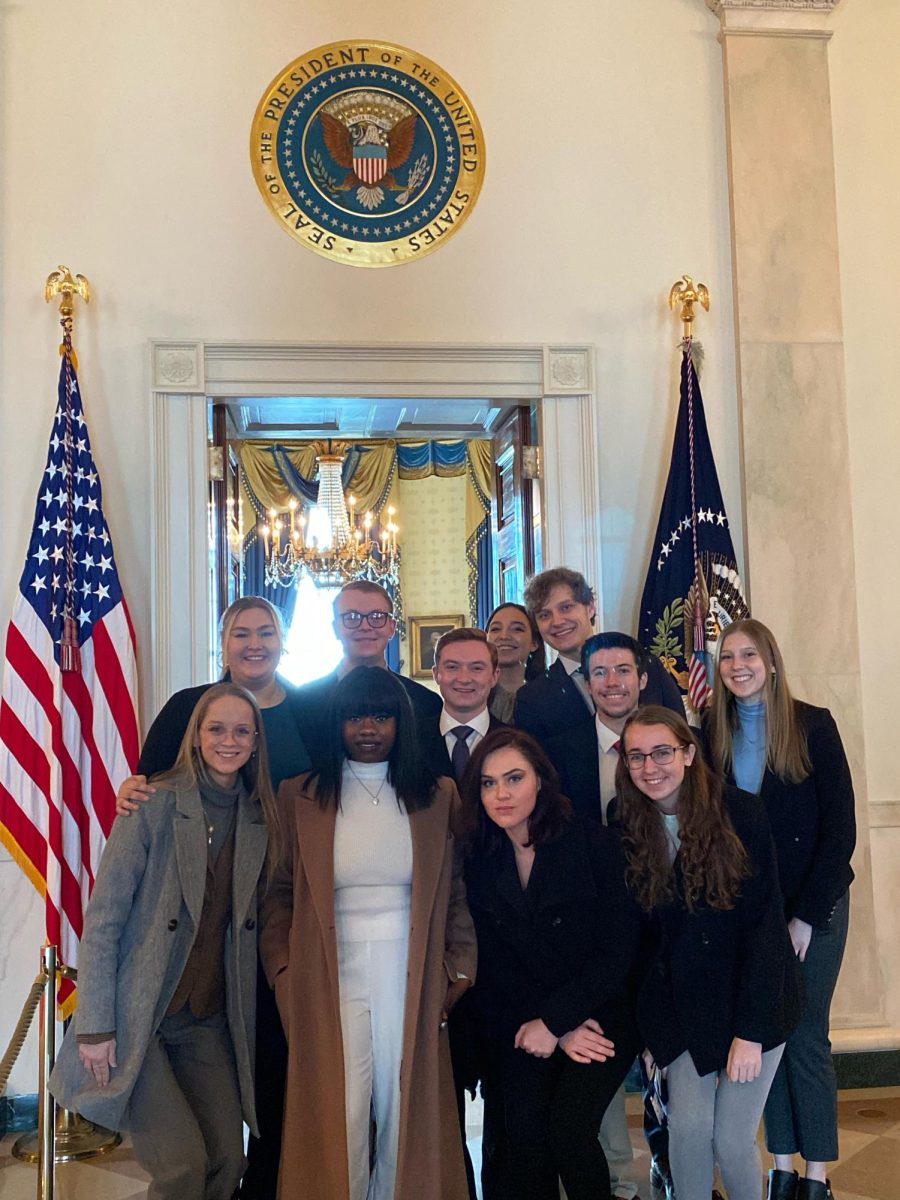On Jan. 2, President Maxwell issued a statement regarding the American Studies Association’s boycott of Israeli Institutions of Higher Education. Maxwell stated his opposition to the boycott by characterizing it as “antithetical to the fundamental principles of academic freedom” and said that it would “undermine change.”
I find Maxwell’s statement and characterization of the boycott problematic.
If Maxwell’s goal is to promote academic freedom and free expression, he would have supported the American Studies Associations academic boycott.
Maxwell’s statement ignores Israel’s continuous onslaught on Palestinians’ academic freedom. Israel’s academic institutions promote ongoing discrimination of Palestinian students, which denies their academic freedom.
However, this discrimination by Israeli institutions is not the only incursion on Palestinians academic freedom.
According to The Guardian, during the latest Israeli military offensive, “26 Gaza schools were destroyed during the war, and another 232 sustained damage.” Another aspect of the conflict is annexation of Palestinian land, which Israeli academic institutions have been complicit in.
These are merely some of the ways that Israel denies academic freedom to Palestinians.
Maxwell also stated that the academic boycott “undermines change.”
However, this seems to ignore the precedent of effective resistance against apartheid. Boycotts, including academic boycotts, played a significant role in changing the racist policies of the South African government.
The effectiveness in creating change has been highly documented by Nelson Mandela’s political party, the African National Congress. Israel and South Africa share many similar characteristics, so similar tactics used to end apartheid in South Africa can be used to end apartheid and oppression in Israel.
If Maxwell truly stands for academic freedom and freedom of expression, he should reassess his stance and think about the oppressed Palestinians and Israel’s denial of their freedoms.
CONOR MURPHY, [email protected]






